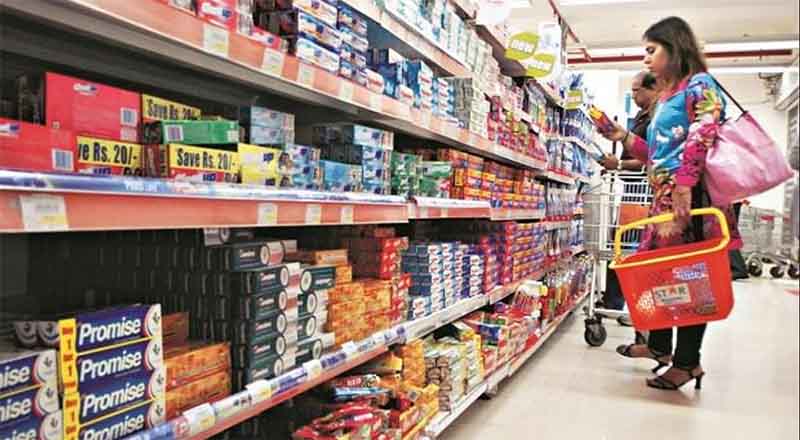As non-essential stores re-open they will face numerous challenges including the high costs of implementing safety measures, the need to gain shoppers’ trust, and increased supply chain costs, says GlobalData, a leading data and analytics company.
Emily Salter, Retail Analyst at GlobalData, comments: “Retailers’ primary focus must be on safety as this will be at the forefront of consumers’ minds for months after restrictions are lifted. It will be vital to introduce features such as one way systems and to limit the amount of stock out the shopfloor. Retailers will have to abandon the experiential elements that have grown in importance in the past few years, but they will, more than ever, have to provide a compelling reason to visit stores rather than purchase online.”
Interaction between employees and customers has always been an important feature of stores, but retailers must find new ways to offer an equivalent level of service while upholding social distancing guidelines. This could lead to further investment into AI and AR by beauty brands, and personal shopping appointments transferring online.
Salter continues: “The percentage of purchases made online will remain raised in the aftermath of the crisis as many shoppers will have become accustomed to buying online, and many will be unwilling to visit shops due to concerns about the virus. Retailers must ensure their online platform can cope with this in the long term, such as by using stores for online fulfilment and in the case of stores that may experience little footfall, using dark stores to help act as an extension of warehouses.”
The buzz word of 2019, sustainability, will slip down retailers’ agendas to be replaced with a focus on health, wellbeing and actions to benefit communities. Many consumers will have become used to the greater transparency and ethics some retailers have shown during the crisis, and will expect this to continue.





